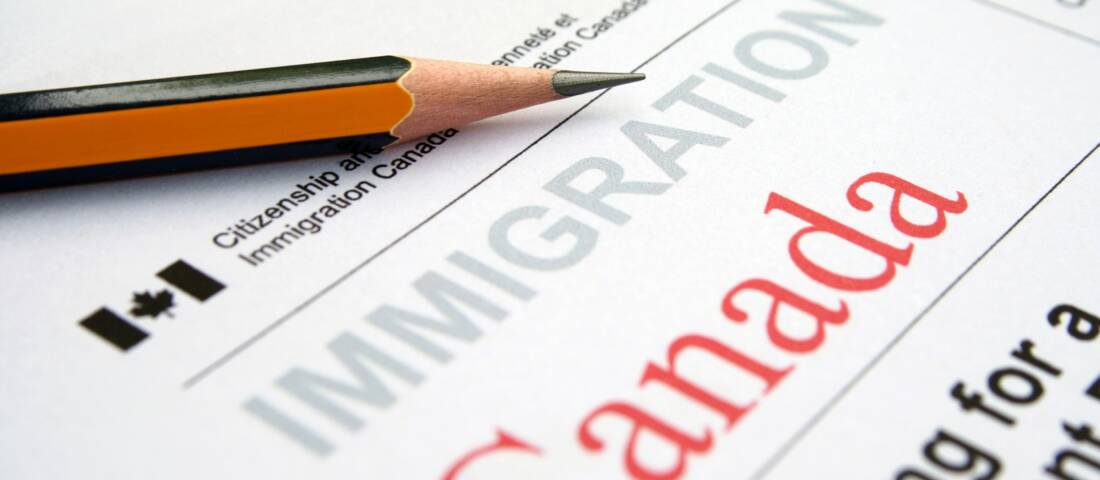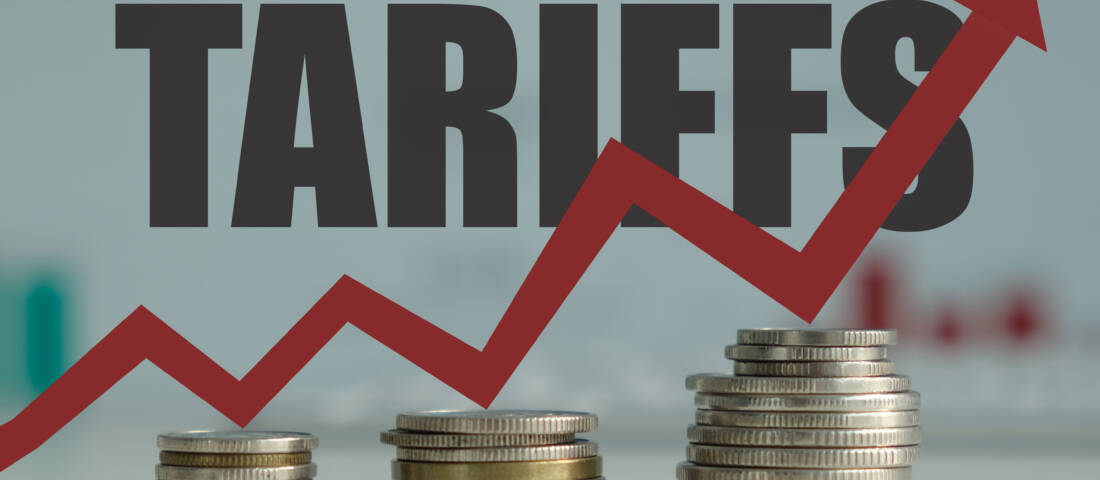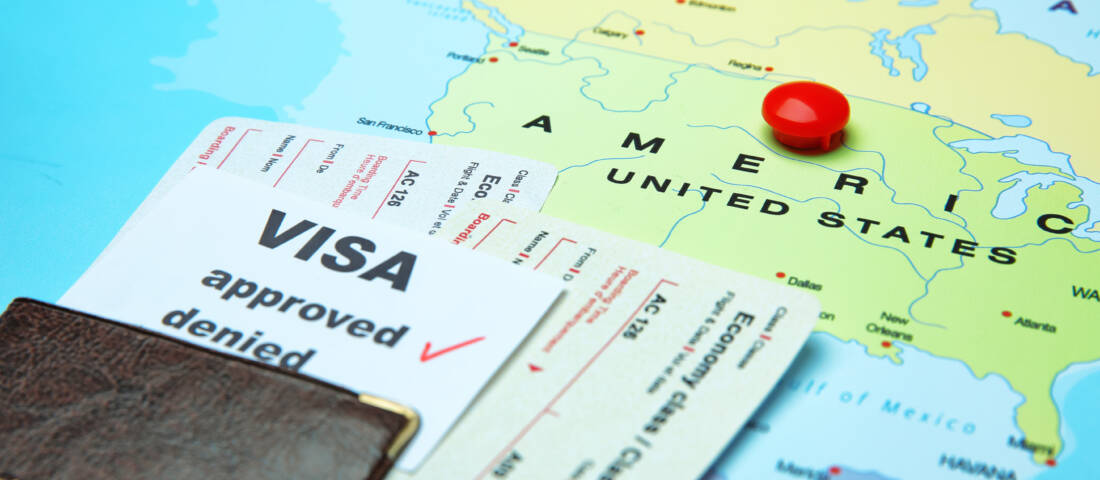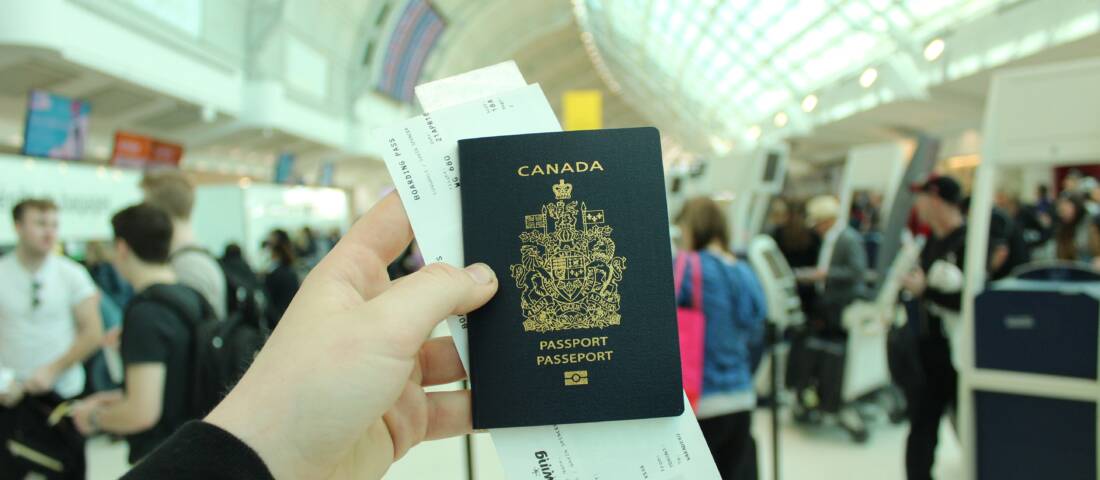On April 1, the United States opened annual applications for H-1B visas for skilled, educated foreign workers who want to work in the United States in fiscal year 2020, which begins October 1, 2019. With the many changes to immigration regulations in the U.S. Citizenship and Immigration Services (USCIS) under the Trump administration and the tightening of the H-1B visa application process, there will be many visa denials - including for highly skilled immigrants who already live and work in the U.S.
Only 85,000 sponsored foreign workers will be selected in the U.S. H-1B visa lottery. Of those who win the lottery, many will later be denied an H-1B visa because their job is not considered a "specialty occupation," or receive an RFE, a "request for evidence," that required more documentation, can take months to resolve and "often end in denials.' Within 5 days, USCIS reached the visa cap and closed applications.
USCIS is planning more changes to the H-1B visa system in 2020. For many skilled foreign workers who want to work in the U.S., Canada is an attractive option if you are denied an H-1B visa - or if you decide to forgo the U.S. lottery system altogether and make Canada your 1st choice immigration destination.
How To Move To Canada if Your H-1B Visa is Denied
Canada is actively recruiting foreign tech workers and new tech companies to help grow the economy in the face of an aging workforce. Canada immigration lawyer Evelyn Ackah explains the Canada immigration system for skilled foreign workers is very different than the U.S. immigration system:
I work with both Canada and the U.S. immigration systems, and fundamentally, our immigration system in Canada is very different from the United States. We have a need for highly skilled and educated foreign workers, and we have updated our IRCC laws and processes to make programs efficient and effective for both the worker and the companies who need foreign workers to help grow our economy.
Canada's government has new initiatives like the Global Talent Stream so that a qualified sponsored worker can have their immigration application fast-tracked and approved in as little as 2 weeks, and once settled in their new job, can begin the process to become a permanent resident and Canadian citizen.
Our Express Entry system is based on a scoring system of someone's skills and qualifications. Those with the highest scores are invited to move to Canada and become permanent residents - even if they don't have a job yet.
Many foreign nationals are giving up on moving to the U.S. due to the stress and cost of the H-1B visa process. The pressure and uncertainty of re-applying for their temporary work visa, plus the years-long backlog for U.S. green card applicants, are leaving many skilled workers already in the U.S. in limbo. According to U.S. foreign workers, "the H-1B system disproportionately affects Indian and Chinese immigrants." U.S. tech employers are frustrated by the process, particularly when a worker is approved for a 6-year H-1B visa, but the green card application system can take 9-11 years, requiring re-applications and additional costs and stress.
Are you qualified to move to Canada?
Check your Express Entry Score with our free calculator to see if you have the skills and education needed by Canadian employers.
Are You Living in the U.S. and Want to Move to Canada?
Download our free eBook: How to Move to Canada
Learn More:








